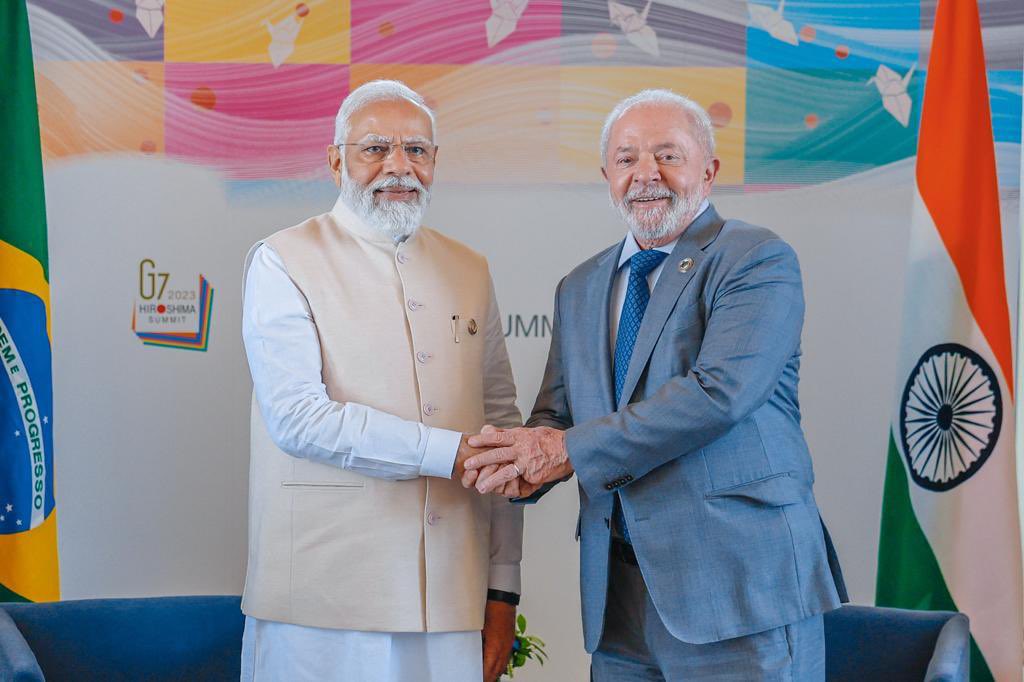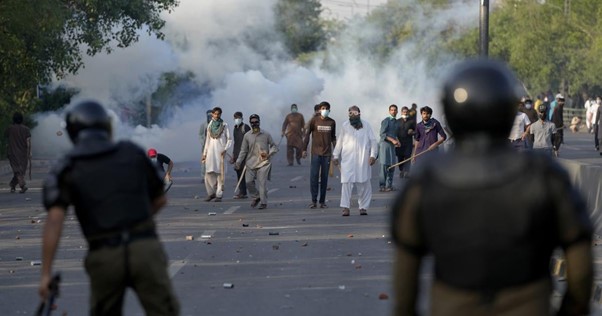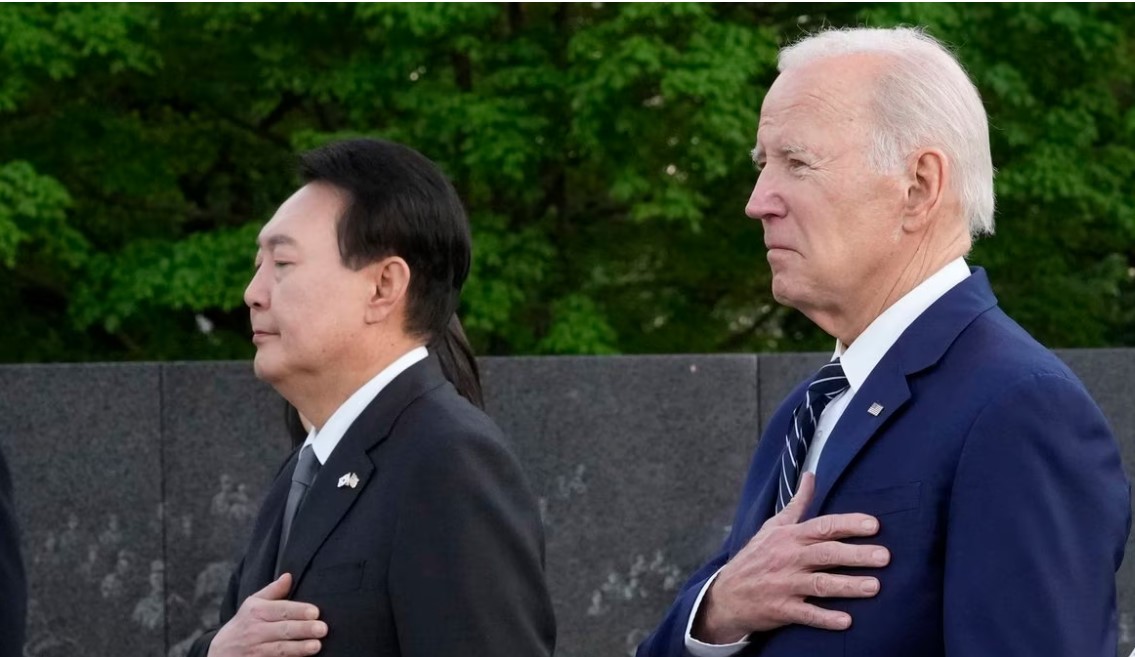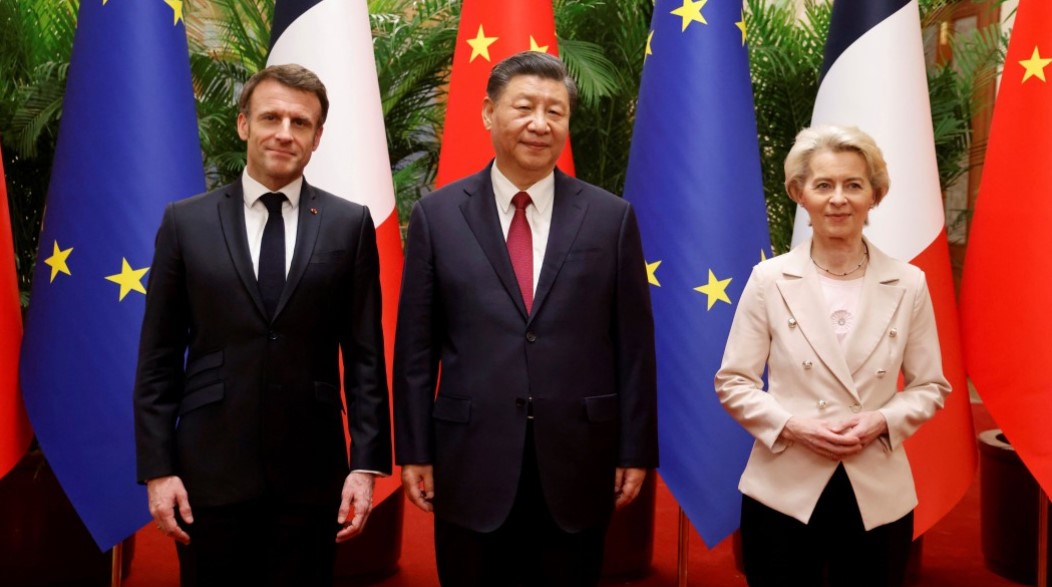Impact of Re-emergence of Taliban on Bangladesh
Tue, 08 Mar 2022 | Reading Time: 4 minutes
On August 15, 1975, a military coup led to the assassination of Bangladesh’s founding father, “Bangabandhu” Sheikh Mujibur Rahman.
The military rulers who took over and ruled Bangladesh for the next 15 years legitimized the pro-Pakistan Jamaat-e-Islami, introduced constitutional amendments that undermined the country’s secular democratic polity, and finally declared Islam as the state religion of Bangladesh.
Prime Minister Sheikh Hasina, in power since 2009, has ruled Bangladesh with a “zero tolerance to terror” policy. Her government has controlled the radical Islamist ecosystem with some tough policing.
Bangladesh Jamaat-e-Islami : On August 21, 2004, Mujibur’s daughter Sheikh Hasina, then opposition leader and now prime minister, barely survived a grenade attack on her rally. Bangladesh National Party (BNP)-Jamaat-e-Islami coalition responsible for using the HUJI jihadis to wipe out the top Awami League leadership. Bangladesh Jamaat-e-Islami previously known as Jamaat-e-Islami Bangladesh, or Jamaat was the largest Islamist political party in Bangladesh. On 1 August 2013, the Bangladesh Supreme Court declared the registration of the Bangladesh Jamaat-e-Islami illegal, ruling that the party is unfit to contest national elections.
Hefazat-e-Islam Bangladesh : Hefazat-e-Islam Bangladesh is an Islamic Advocacy group of madrassah teachers and students. In 2013, it submitted to the government of Bangladesh a 13-point charter, which included the demand for the enactment of a blasphemy law.
How Jamaat-e-Islami’s decline led to rise of Hefazat-e-Islam : Jamaat-e-Islami in Bangladesh has always been seen to be (a) pro-Pakistan — very Islamist, anti-democracy, anti-secular” force which wanted an Islamist state. It even collaborated with Pakistan in one of the biggest massacres in Bangladesh during the 1971 liberation war, which was the 1971 attack on Dhaka University when Bengali intellectuals were massacred by the Pakistan army. Immediately after the war, the Bangladesh government banned the Jamaat and its leader at the time, Ghulam Azam, who had to flee to West Pakistan. However, the ban on the Jamaat was lifted in 1975.
Jamaat, subsequently, contested elections, but was banned by the Bangladesh Supreme Court in 2013 due to its history. Many leaders were tried for international hate crimes with its former leader Ghulam Azam’s citizenship too being withdrawn. Now, when a force like Jamaat-e-Islami disappeared, another force was needed and that force came in the form of the Hefazat-e-Islam.
Hefazat-e-Islam was set up by a cleric, Shah Ahmad Shafi, in 2010. In 2009, when the Sheikh Hasina government came up with reforms including inheritance rights for women, Shah Ahmad Shafi’s Hefazat protested against these reforms. This resulted in the law being watered down by the Bangladesh government. While the Hefazat said they were opposed to the atrocities during the 1971 liberation war, they were soon making similar demands like the Jamaat’s that included Islamist fundamentalism
Taliban and Bangladesh Connection:
• Like the Taliban, the Hifazat-e-Islam leaders oppose women’s empowerment and demand the enactment of blasphemy laws and a Shariah-driven polity.
• They are in stark opposition to Hasina, who has restored much of her father’s secular dispensation and touted economic growth, gender empowerment, and protection of minorities.
• “The Hifazat has enjoyed support from the Islamist parties like BNP and Jamaat-e-Islami, many of whose leaders are on the Hifazat’s national committee now.
• They have strong links to Islamist terror groups like Harkat Ul Jihad al Islami (HUJI) and Jamaat ul Mujahideen Bangladesh (JMB),” said a senior Bangladesh intelligence official on condition of anonymity, because he was not authorized to speak to the media.
• Notably, HUJI Bangladesh was led by some local veterans of the Afghan jihad, hardline Islamist clerics who fought against the Soviets in the 1980s with the mujahideen. These fighters then returned to Bangladesh, seeking to turn their homeland into an “authentic” Islamist country ruled by Shariah laws.
Impact of Re-emergence of Taliban on Bangladesh: The Taliban’s return to power in Afghanistan has thus sparked fears of history repeating itself in Bangladesh. Dhaka has carefully reacted to the Taliban takeover in Afghanistan, but its worries as the world’s third largest Muslim-majority nation are evident.
• When the special task force of Kolkata Police nabbed three Bangladeshis suspected of links with terrorist outfit JMB in the eastern metropolis in July 2021, warning bells started ringing among South Asia’s security community.
• A month later, as the Taliban took over Herat, Kandahar and other cities in Afghanistan, analysts have started worrying that Jamaat-ul-Mujahideen Bangladesh (JMB), which has its roots in an earlier Afghan war, may once again grow in strength.
• “We have seen how the JMB was founded by Afghan war veterans and how they started a reign of terror in neighbouring Bangladesh in the early 2000s
“Bangladesh is carefully observing the fast evolving situation in Afghanistan, which we believe, may have an impact on the region and beyond,” the country’s foreign ministry said in a statement. “Bangladesh believes that a democratic and pluralistic Afghanistan as chosen by its people is the only guarantee of stability and development in the country,” the statement added. Just before the Taliban entered Kabul, a senior Bangladesh police official told the media that some Bangladeshis were trying to reach Afghanistan after the Taliban’s call to “join them in the war.”
Conclusion: India’s leading Bangladesh watcher, Sabyasachi Basu Ray Chaudhury, said “both Bangladesh and India will have cause for worry” about the situation in Afghanistan. “The Taliban takeover is a huge morale booster for all Islamist radical forces, so both India and Bangladesh have to fight the threat of radicalism together,” he said.
Former Indian Foreign Secretary Krishnan Srinivasan said the “expected apprehensions” in India and Bangladesh were understandable, but he pointed to the success of both Delhi and Dhaka in fighting terror and developing economically. Indeed, there are reports that India has begun engaging with the Taliban for the first time. But Bangladesh’s government seems more cautious, worried that any outreach to the Taliban might boost the radicals back home.
Disclaimer
The opinions expressed in this article are the author’s own and do not reflect the views of Chanakya Forum. All information provided in this article including timeliness, completeness, accuracy, suitability or validity of information referenced therein, is the sole responsibility of the author. www.chanakyaforum.com does not assume any responsibility for the same.
Chanakya Forum is now on . Click here to join our channel (@ChanakyaForum) and stay updated with the latest headlines and articles.
Important
We work round the clock to bring you the finest articles and updates from around the world. There is a team that works tirelessly to ensure that you have a seamless reading experience. But all this costs money. Please support us so that we keep doing what we do best. Happy Reading
Support Us




















POST COMMENTS (2)
Kalidan Singh
prakharsh srivastava